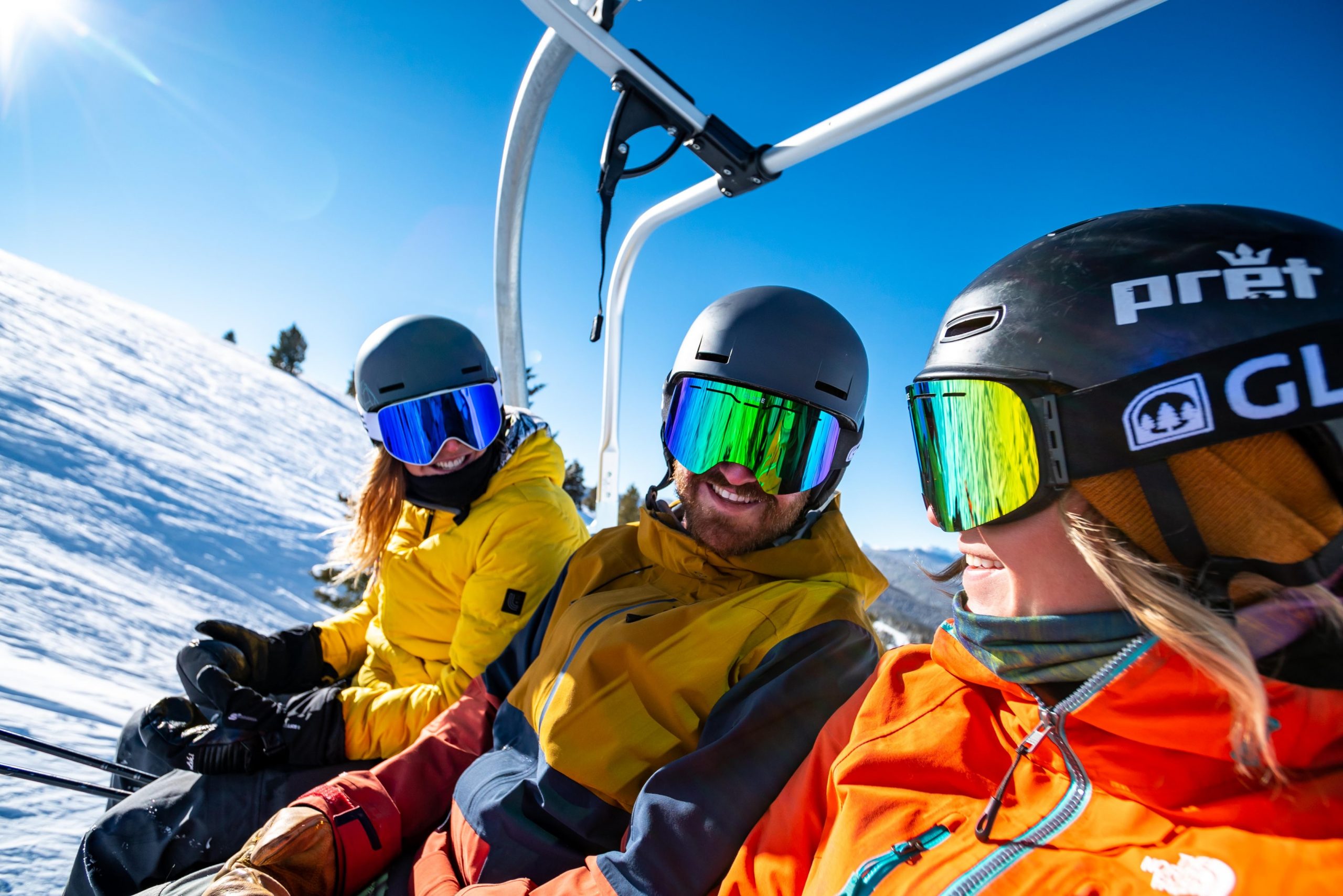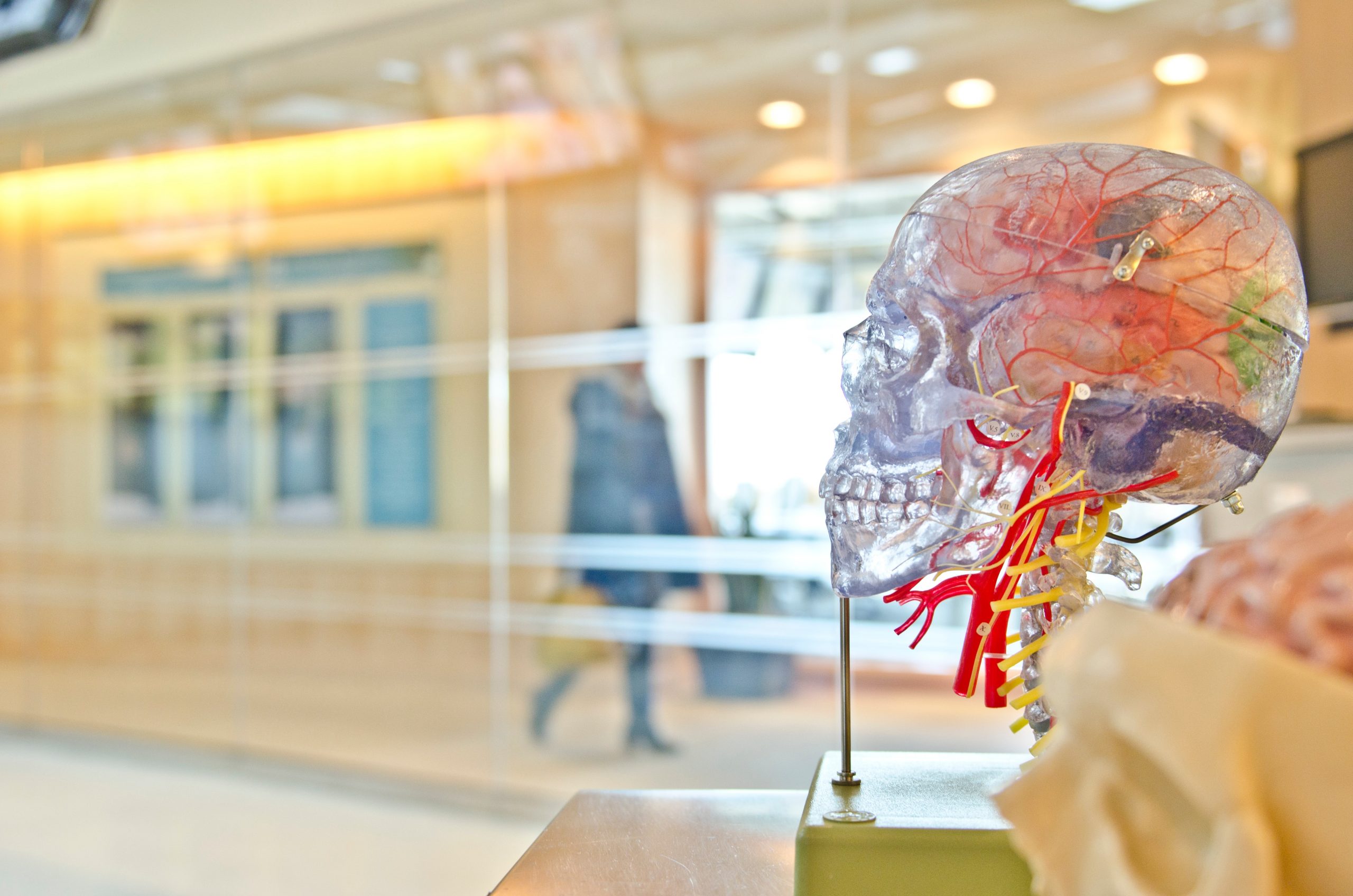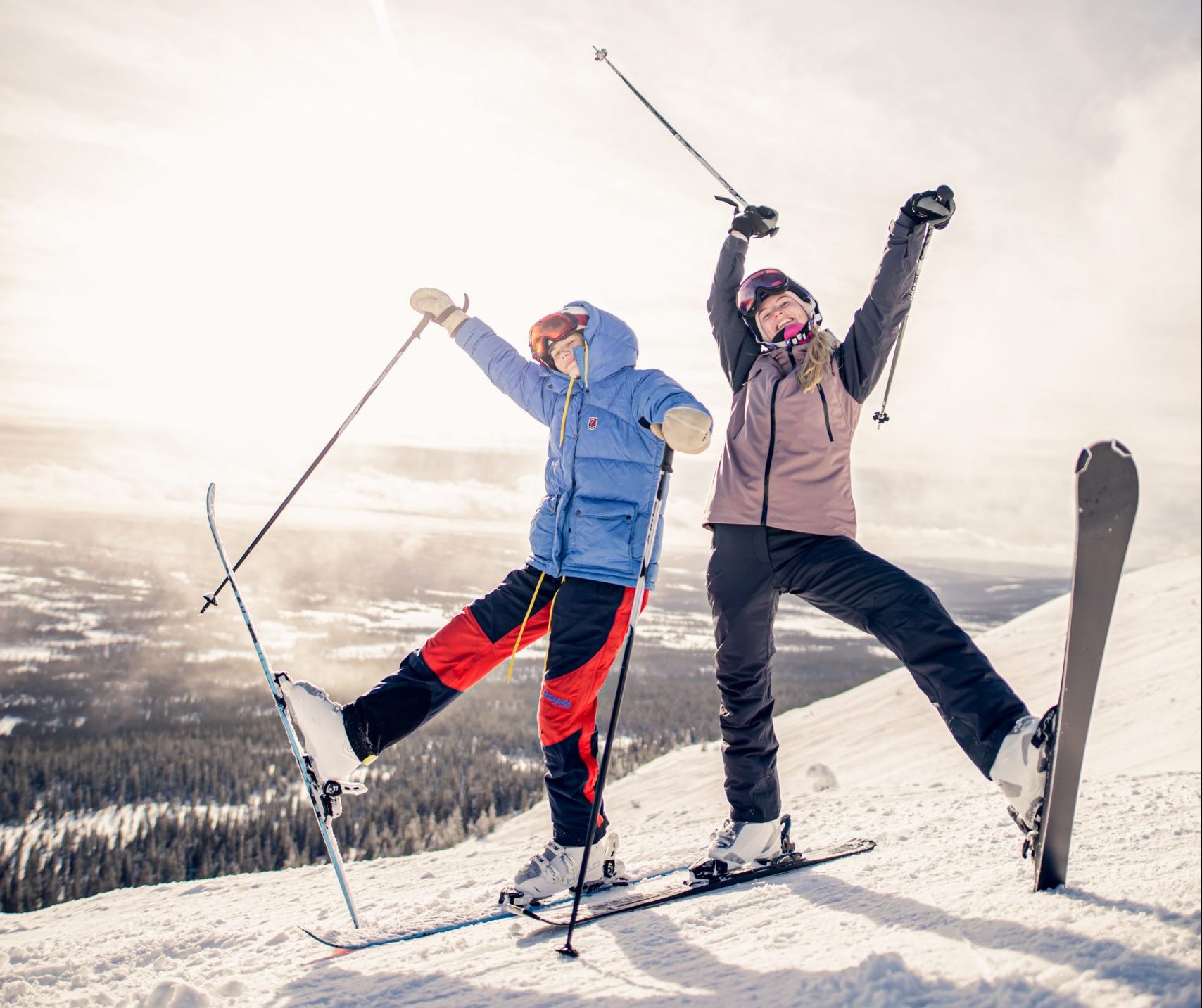
As if skiing wasn’t enjoyable enough, it can also better one’s mental health. Frontiers in Psychiatry found that skiers are 60% less likely to develop anxiety than people who don’t ski.
According to CNN, 10% of people worldwide suffer from anxiety. Physical activity is a “promising strategy” to reduce some of the effects of anxiety, some mental health experts believe.
To relate the study to specific evidence, the study’s authors compared participants of Vasaloppet, a 56-mile ski race, and non-skiers. 197,685 Swedish people who participated in the race were studied in contrast to 197,684 adults who were not skiers but had similar health statuses between 1989 and 2010. Not only did the skiers have a lower mortality rate than the non-skiers, but they also developed the fortune of being 60% lower risk of anxiety.
Although the study and research are applicable for anyone, the variance of the effects differs between men and women. Within female skiers, high-performance women have almost twice as much risk of contracting anxiety than low-performance women skiers. Fortunately, the chance of developing anxiety is still significantly lower than non-skiers, whether women are high-performing or not. Men do not face differing statistics among skiers’ anxiety, as the study reports that the level of performance within skiing doesn’t change any possibilities for men’s anxiety. The reasoning behind this is quite simple: physiological responses. Science Direct presents that women suffer from “greater stress and exhaustion after exercising.” Other factors included self-consciousness regarding appearance or performance, which is more prevalent among women.

Overall, the study presents gripping statistics, but what is the reasoning behind the facts? Technically, all physical activity reduces the risk of anxiety, as “exercise can be a mental distraction from worrisome thoughts,” claims James Maddux, a professor in the department of psychology at George Mason University. According to Maddox, the difference between skiing and other exercises is the tranquil natural setting, which “enhances our sense of well-being.” The setting, paired with the distraction and satisfaction of exercising, creates a balanced mindset for skiers. Additionally, exercise increases one’s self-worth, therefore boosting their confidence and diminishing their self-consciousness. Exercise also leads to brain-derived neurotrophic growth factor, a “key molecule” contributing to learning and memory. People with anxiety have lower levels of this.
Ultimately, anyone concerned about anxiety risks can protest the issue by incorporating a bit of exercise into one’s routine. As far as skiing goes, this is just another advantage to add to the list.

These images are very misleading – this study was conducted on a very different sport than downhill skiing, one with lower costs, fewer crowds and an aerobic base.